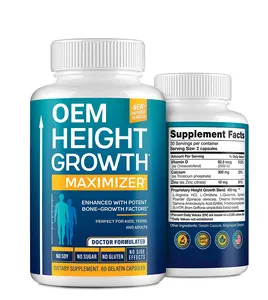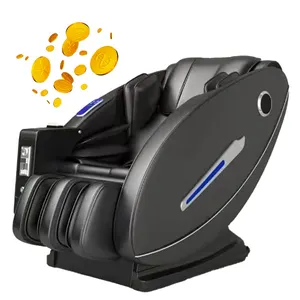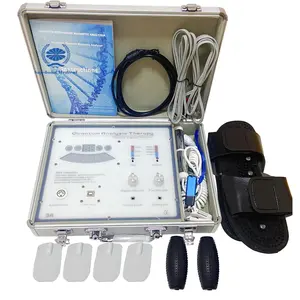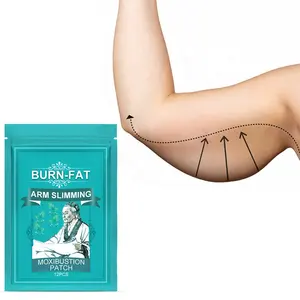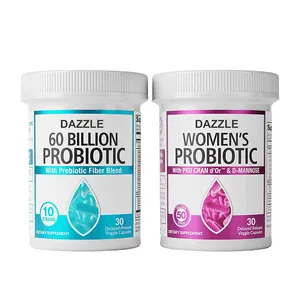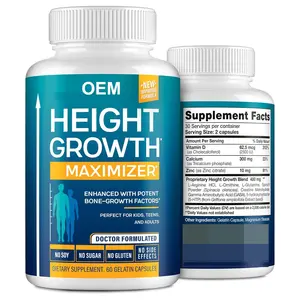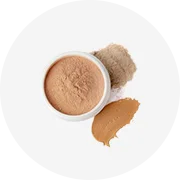Phổ biến trong ngành của bạn









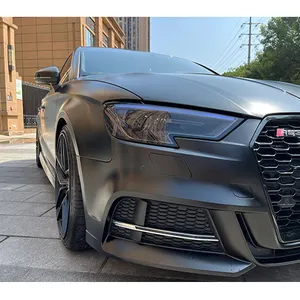

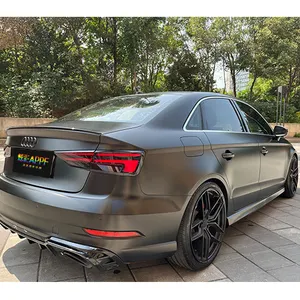
























































































































































































































Các danh mục hàng đầu
Giới thiệu về xe bọc màu đen
Có một số loại. xe bọc màu đen bao gồm những mặt hàng được làm từ thép không gỉ, silicone, thạch anh hồng và cả những mặt hàng có gắn pha lê Swarovski. Có. xe bọc màu đen rung theo nhịp và nhịp của bài hát yêu thích của bạn .. xe bọc màu đen có thiết kế không thấm nước và đã được thử nghiệm an toàn cho cơ thể. Không có nhiều thứ để mất khi bạn mua một trong những thứ này từ Alibaba.com và có giá cả, nhãn hiệu và chủng loại phù hợp với mọi người.
Thực tế,. xe bọc màu đen là một trong những phát minh thông minh hơn của thế kỷ trước. Chúng tăng cường khả năng miễn dịch, giảm căng thẳng và rất thích hợp cho việc đi du lịch .. xe bọc màu đen đi kèm với các tính năng như sạc nhanh qua USB, thiết kế chống thấm nước và silicone an toàn cho cơ thể .. xe bọc màu đen dễ vệ sinh, đóng gói kín đáo và có các tính năng như vòng thắt đàn hồi tích hợp và hang động bí mật.
